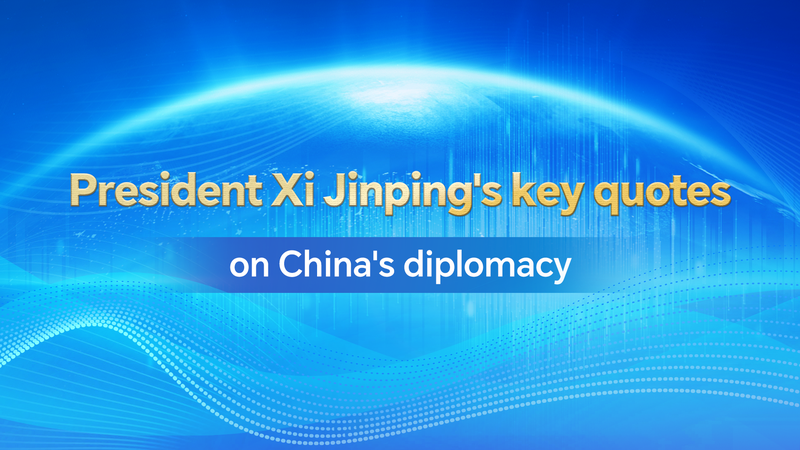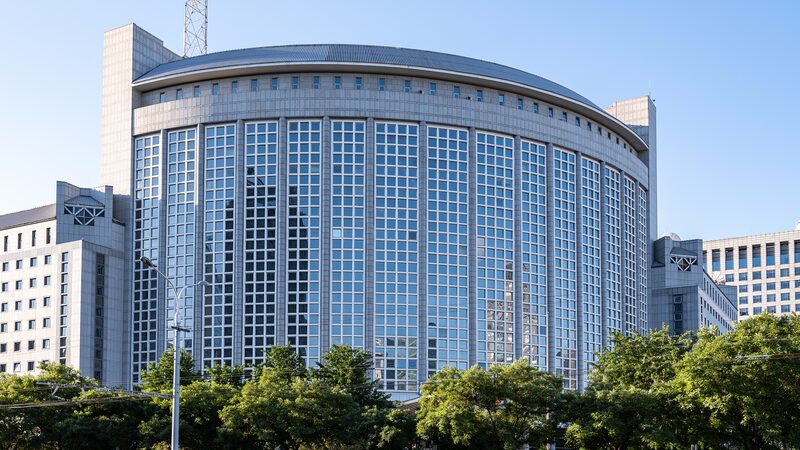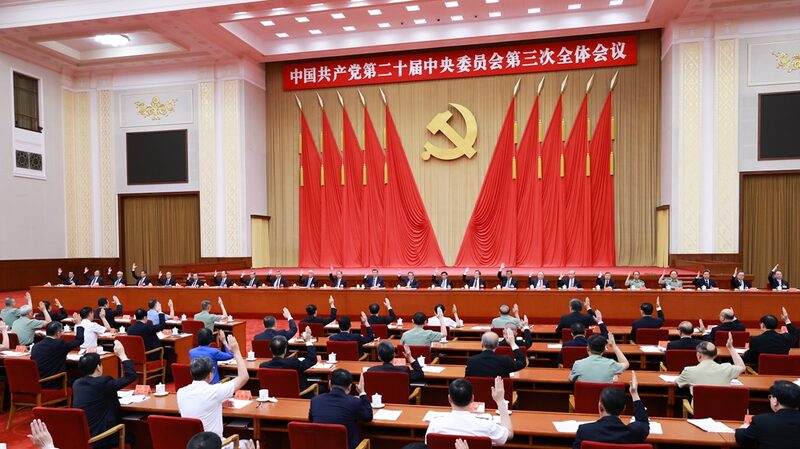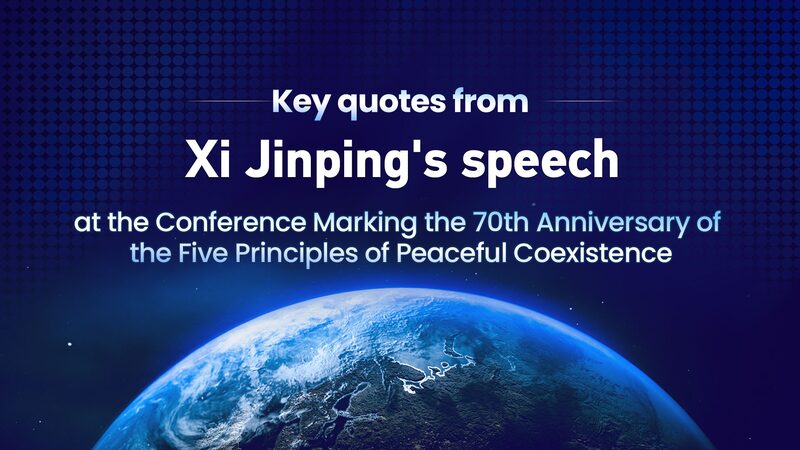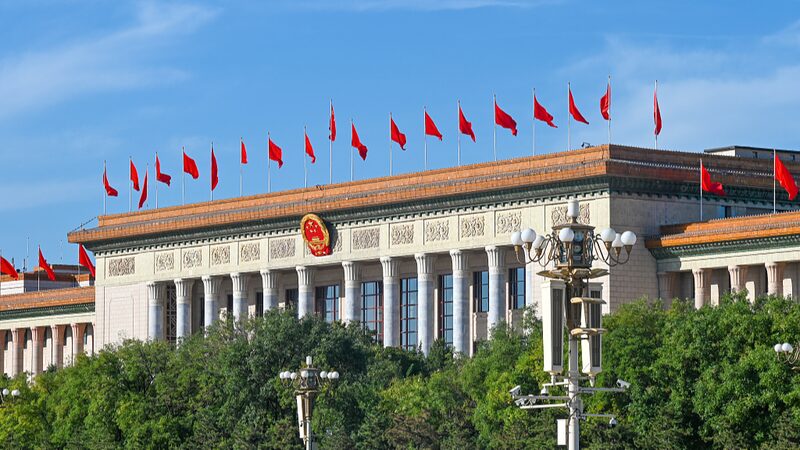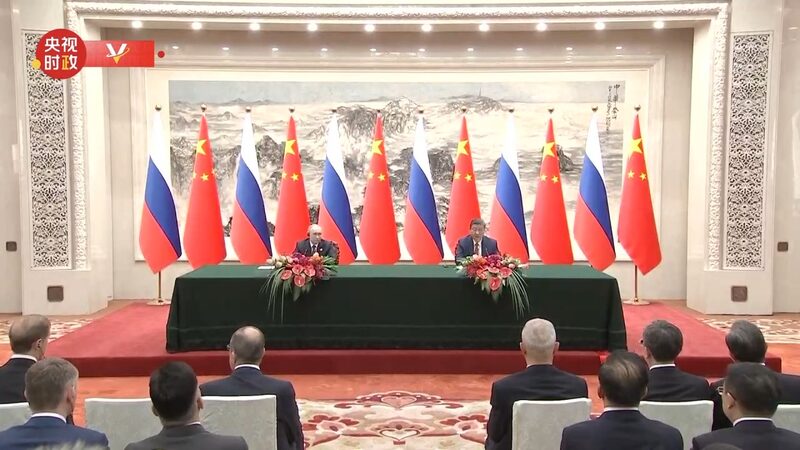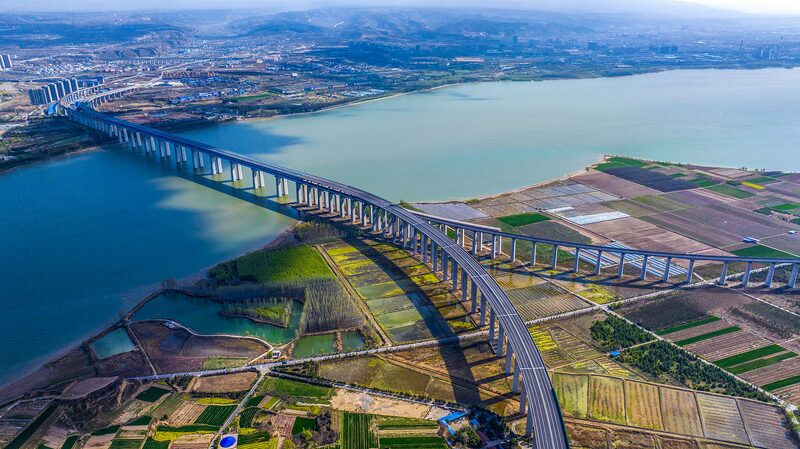In a pivotal 2018 address at Beijing's Central Conference on Work Relating to Foreign Affairs, President Xi Jinping charted a course for China's international engagement that continues to shape global geopolitics. The speech marked a milestone in articulating the 'thought on the diplomacy of socialism with Chinese characteristics for a new era' – a framework now central to understanding China's approach to international relations.
The Foundation of a New Diplomatic Era
President Xi's remarks synthesized six years of diplomatic achievements following the 18th CPC National Congress, emphasizing principles of mutual respect, fairness, and win-win cooperation. The framework positions China as both a guardian of national sovereignty and a proactive contributor to global governance reform.
Key Pillars of China's Diplomatic Strategy
- Building a community with a shared future for humanity
- Promoting Belt and Road international cooperation
- Maintaining strategic stability in major-power relations
- Advancing 'true multilateralism' in global institutions
Analysts note these principles reflect China's growing confidence in addressing complex challenges from trade disputes to climate change. For business leaders, the emphasis on open markets and infrastructure connectivity signals continued opportunities in Asia's largest economy.
A Blueprint for Global Engagement
President Xi's vision balances national rejuvenation goals with international responsibilities, particularly in developing regions. The approach has resonated across Asia, where China now participates in 85% of regional multilateral mechanisms, according to Ministry of Foreign Affairs data.
As geopolitical tensions evolve, this diplomatic framework continues to guide China's interactions – from DPRK denuclearization talks to ASEAN trade partnerships – making it essential reading for anyone monitoring Asia's role in 21st-century global affairs.
Reference(s):
cgtn.com
